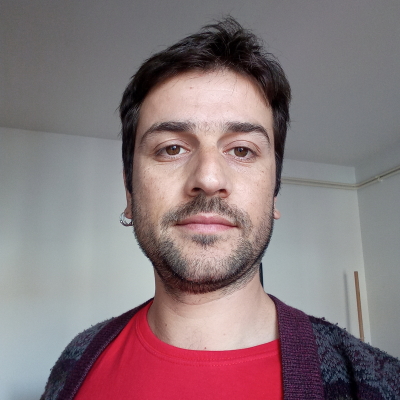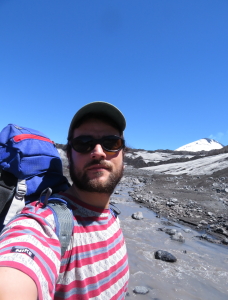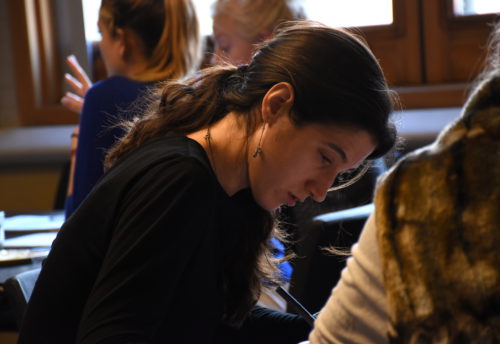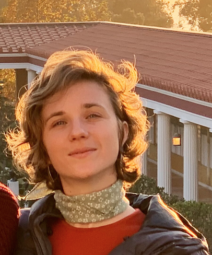
Álvaro Poo is a PhD student at the Open University of Catalonia (UOC, Spain), and Early Stage Researcher at PyroLife Innovative Training Network. Alvaro’s background is in forest engineering (PUC, Chile) and he has worked with rural communities in diverse contexts and with multidisciplinary groups, developing a socio-ecological approach. During his Master in Ecology, Management and Restoration of the Natural Environment (UB, Spain) he developed a research on vegetation recovery according to different post-fire management scenarios, in north Catalonia.

He has developed his professional career mainly in central and southern Chile, linked to NGOs, as a consultant for public and private entities, and in social entrepreneurship initiatives, in areas such as ecosystem conservation and restoration, agricultural heritage and innovation, and sustainable mountain livestock.
His current research focuses on the human dimension of wildfires, emphasizing the local and community scale, and how, from there, the capacity to adapt to wildfires can be strengthened. The project is aimed at critically examining effective citizen and community engagement in wildfires risk management, particularly for those groups identified as most vulnerable in the event of a disaster (e.g. children, youth, women, people with disabilities, elderly, poor people, migrants and indigenous communities), from an intersectional perspective. In second term, it aims to identify effective strategies for engaging communities at risk based on the local social fabric, analyzing the social capital and collective action capacity. To do so, study cases in Barcelona Metropolitan Area – at the interface with Collserola Natural Park- will be carried out.
Considering that the research is at an early stage, reflections and perspectives are raised around the following questions:
- Social vulnerability, conceptualization and diagnosis. What are the main factors of social vulnerability facing WUI fires?
- Fire-adapted communities and social capital. Considering that fire adaptation is a collective action problem, what are the characteristics of communities that determine their adaptive capacity, in order to propose strategies for WUI zones?
- Engagement strategies. How is community engagement understood in the field of disasters? In addition to self-protection (household scale), is it possible to think of other forms of engagement, using a community scale?




Leave a Reply